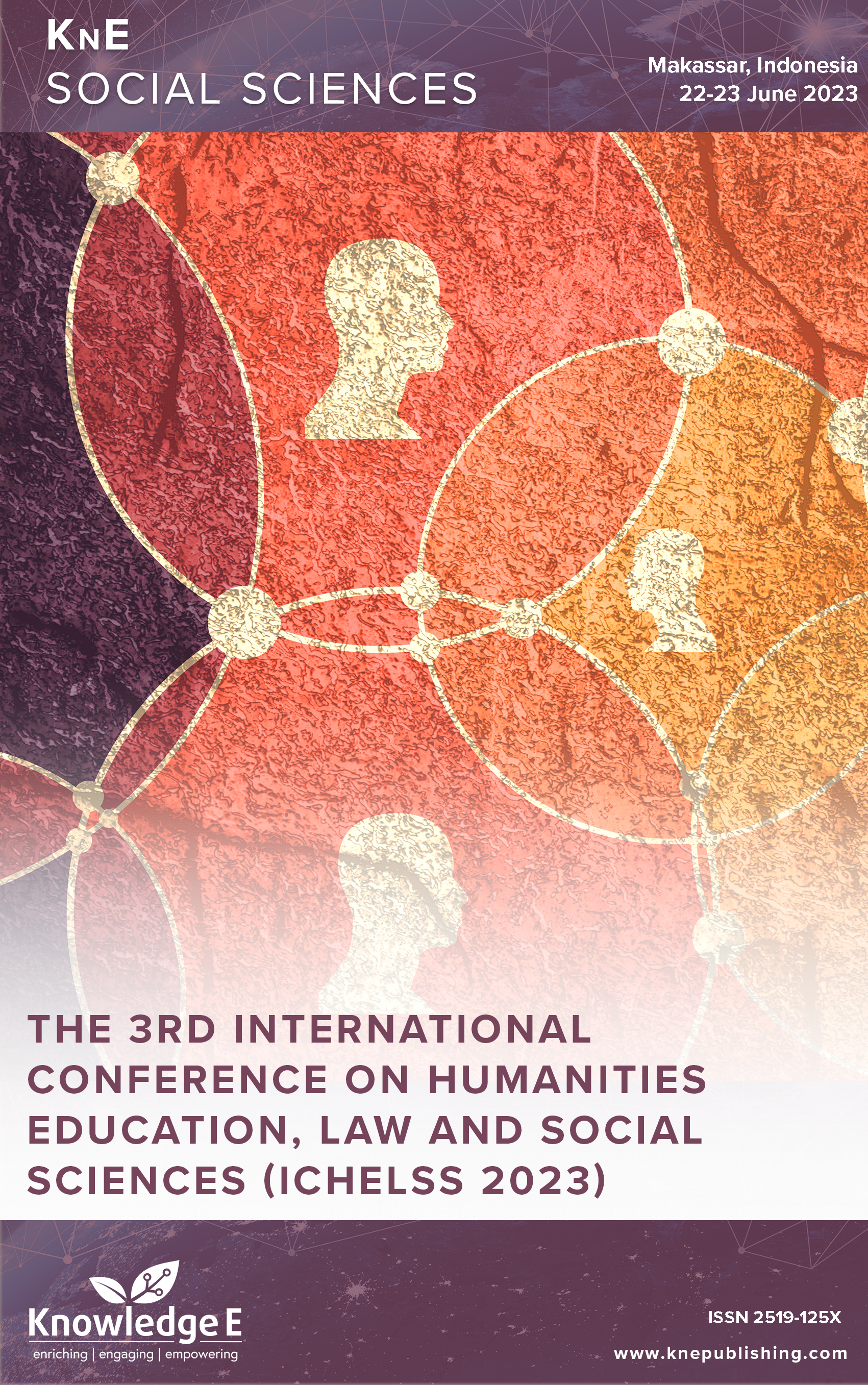Genealogy of Capacity Building Through English Language Learning Implementation for Elementary Schools in the Digitalization Era
DOI:
https://doi.org/10.18502/kss.v9i2.14859Abstract
The digitalization era deals with the rapid developments of technology and information, making the role of the English language very important for success in today’s globalized competition. This condition affects capacity building through English in the era of globalization, which should be prioritized by the government, especially in local content in elementary schools in Indonesia. This can be traced back to 1993 through the Decree of the Minister of Education, who authorized the schools to teach English, as one of the subjects in the field of local content, at elementary level. This is done to provide benefits to students so they can learn English with the idea of developing the skills they have in dealing with the current era. However, geography proves that English education in elementary schools needs to adapt its implementation to changes in policies and curricula set by the government.
Keywords: Geanology, capacity building, English language
References
Harris. Building the capacity for school improvement. 2001;21(3):261–70. DOI: https://doi.org/10.1080/13632430120074419
Wiranda. The students’ perception towards learning listening by using English Song. [Manado]: IAIN; 2021.
Stoll L. Capacity building for school improvement or creating capacity for learning? A changing landscape. Journal of Educational Change. 2009 May; DOI: https://doi.org/10.1007/s10833-009-9104-3
Grindle SM. Getting good government; capacity building in the sector of development countries [Internet]. 2nd ed. Lippincont D, Davis J, editors. 1997 [cited 2022 Nov 16]. 1–503 p. Available from: https://www.amazon.com/Getting-Good- Government-International-Development/dp/0674354176
Wira D, Arianto A. Capacity Building Strategy. 2021;
Hubies. Perilaku Masyarakat dalam Pemanfaatan Informasi dan Tekhnologi Komunikasi dalam Mendukung Pengembangan Masyarakat Global. Jurnal Komunikasi Pembangunan. 2010;08(2).
Sugiyono. Metode Penelitian Kombinasi (Mix Methods). 2018.
Huberman, Milles. Qualitative Researcher’s Companion. 2002. DOI: https://doi.org/10.4135/9781412986274
Hamalik O. Proses Belajar Mengajar. 2006.
Suci S, Indrawan I, Wijoyo H, Kurniawan ferry. Tranformasi Digital dan Gaya Belajar [Internet]. 2020 [cited 2023 Sep 2]. Available from: http://eprints.binadarma.ac.id/4348/

